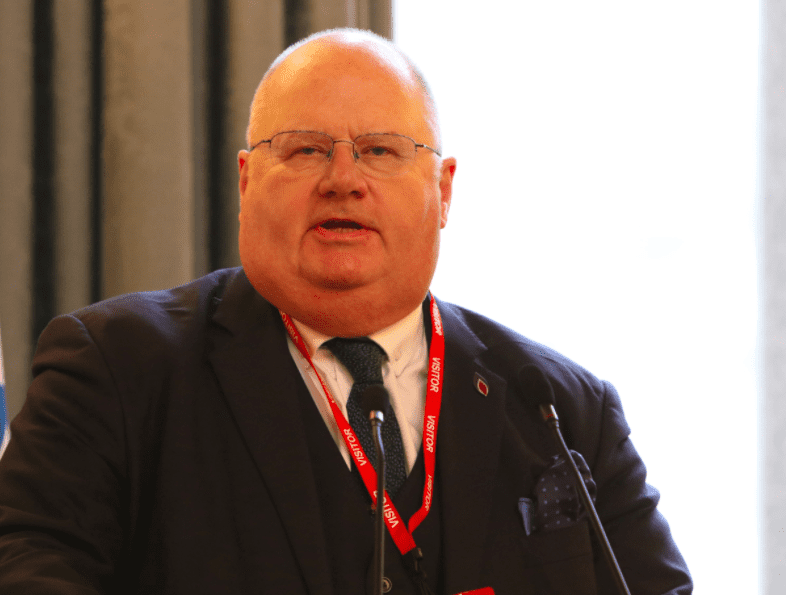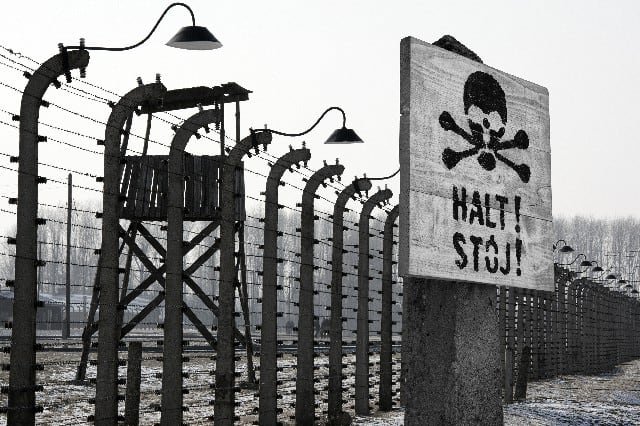An exception remains for cattle and calves. Pending a more developed technique, post-cut stunning will remain in effect, a stunning immediately after the slaughter.
Slaughterhouses now have a year and a half to adapt their infrastructure and train their staff in these new practices. Flemish Minister of Animal Welfare Ben Weyts said he is pleased with the vote and called Flanders ”a leader in animal welfare in Europe.”
Another Belgian region, Wallonia, has also voted a similar legislation.
Shechita, the Jewish ritual slaughter, requires that butchers swiftly slaughter the animal by slitting its throat and draining the blood.
The Jewish community in Belgium has slammed the Flemish and Walloon regions given their clear repercussions for the community.
Rabbi Menachem Margolin, head of the European Jewish Association (EJA), a Brussels-based group representing Jewish communitiers across Europe, has accused lawmakers of targeting Jews and said the decisions ”have a strong stench of populism.”
”This is a direct attack on Jews and our practice when it comes to slaughtering. When it comes to the mass market slaughterhouses, where mistakes frequently affect up to 10% of all animals, meaning they die in an awful painful death, compared to shechita, the kosher slaughter, where the suffering of the animal is kept to the most minimum levels possible,” he said. ”It quickly becomes apparent that this decision is not about health or animal welfare. It simplly represents the politics of division,” Rabbi Margolin added, stressing that ”we will fight this latest decision wih all legal and political means at our disposal.”
CCOJB, the representative body of Belgian Jewish organisations, regretted the Flemish parliament vote and its consequences on Jewish ritual slaughter. ‘’Wallonia and Flanders are sending a wrong political message to the citizens of our country because these laws do not respect the European rules on this matter,’’ said CCOJB President Yohan Benizri in a statement. ”This vote intervenes despite numerous juridical and moral objections that have been put forward these last months as this measure indirectly bans ritual slaughter.”
















